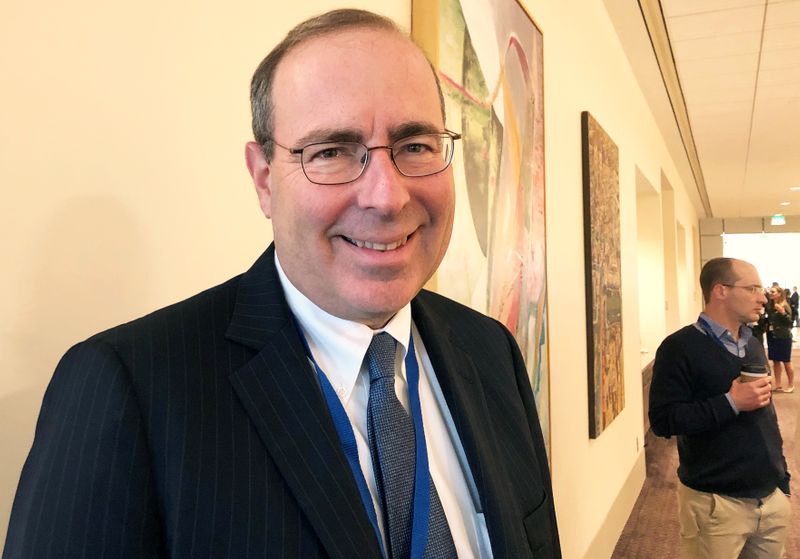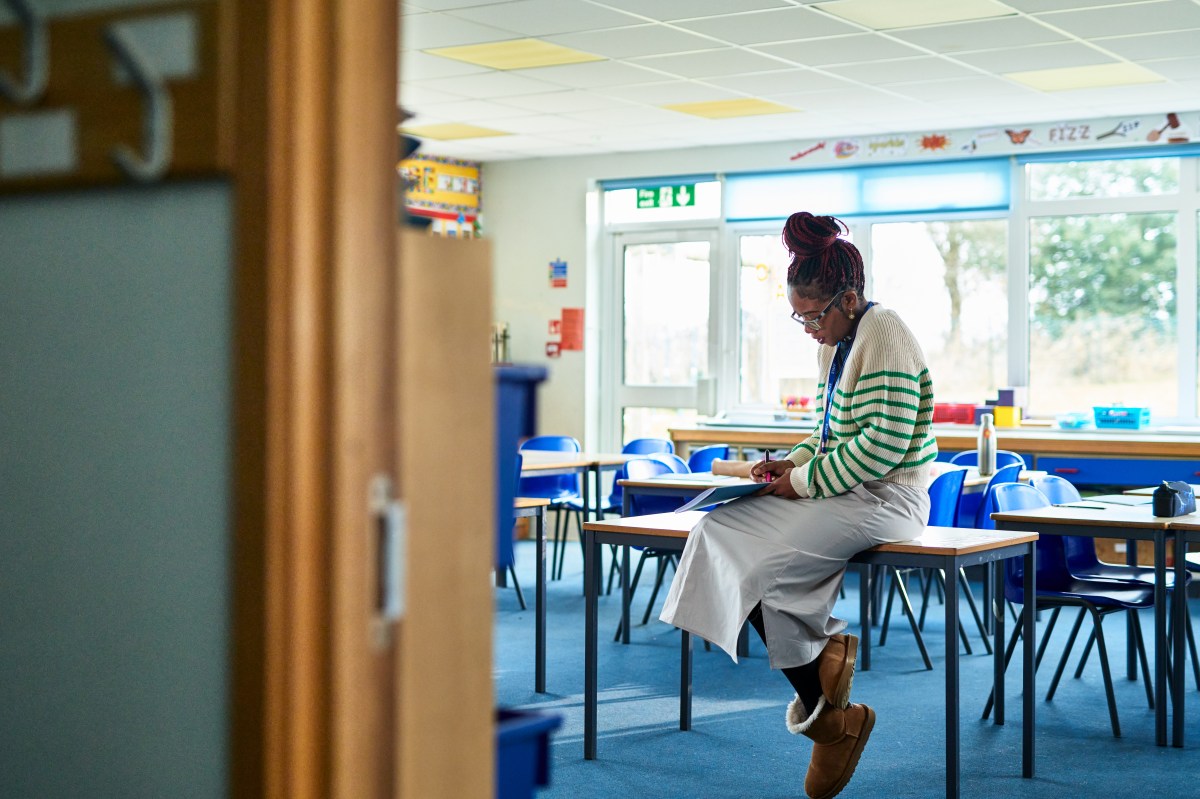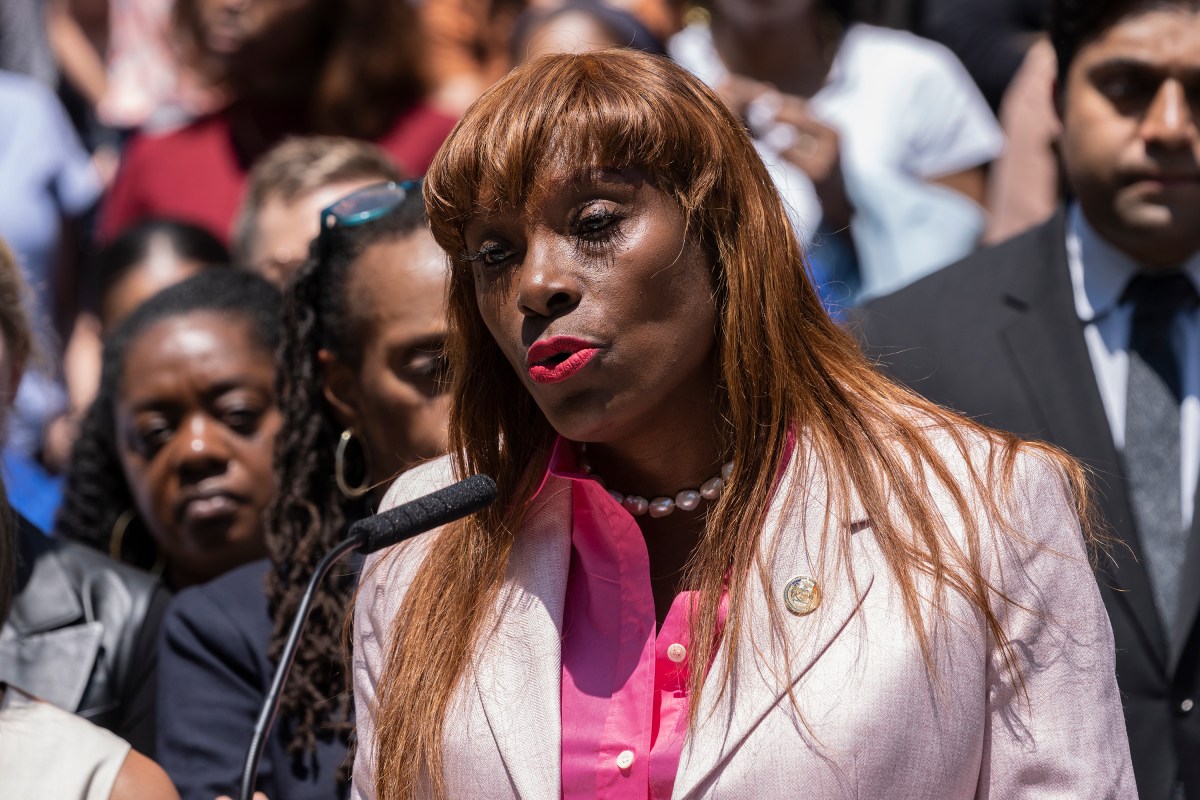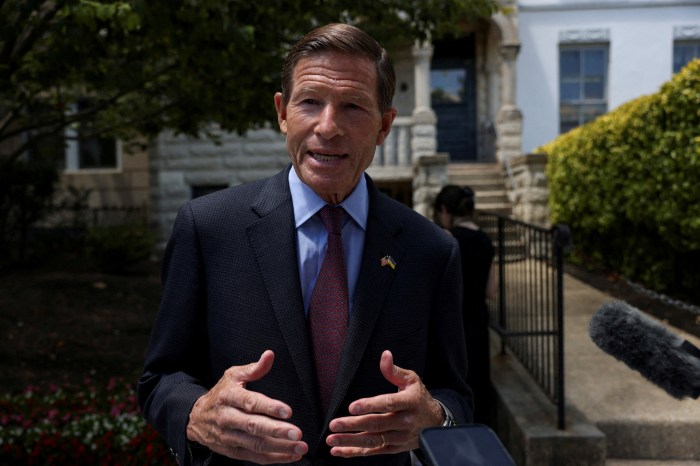WASHINGTON (Reuters) – The results of the Nov. 3 U.S. election and gradual distribution of a coronavirus vaccine likely means federal government relief for the economy has peaked, Richmond Federal Reserve President Thomas Barkin said on Thursday.
With the results of two final Senate races in Georgia, “we now know what we have, the narrowest of Democratic majorities,” Barkin said in webcast remarks to North Carolina business groups. “That probably means continued support for the least fortunate but real constraints on more aggressive legislation … The spike in government spending is largely behind us” given an expected return to more normal life as the vaccine takes hold.
Fed officials are assessing how the country’s changing health and political dynamics may influence the economy this year in what they hope will prove an endgame of sorts in their fight against the recession triggered by the pandemic.
Barkin said he felt the initial slow distribution of the vaccine meant that a fuller “return to normal won’t be until sometime this summer at best.”
In the meantime, he felt the recent approval of additional federal stimulus of nearly $900 billion as well as savings already tucked away by families from earlier payments should provide an adequate bridge to that post-pandemic world.
The first months of the year “could well be bumpy,” Barkin said. But “there are multiple backstops that will limit the downside.”
As the vaccine rollout takes hold, “I expect the second half of the year to be robust as businesses finally pull the trigger and return to the workplace and consumers with elevated savings unlock pent-up demand,” Barkin said, while adding that “neither is likely to go crazy.”
(Reporting by Howard Schneider; Editing by Paul Simao)




















